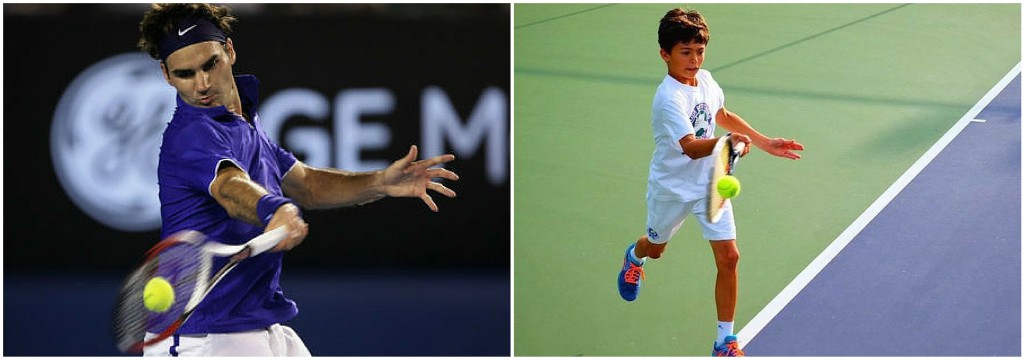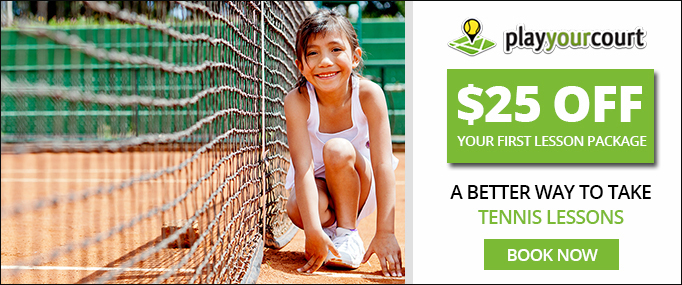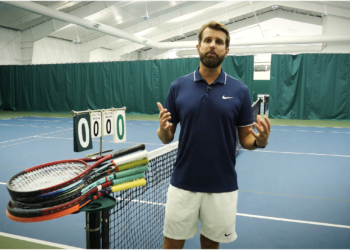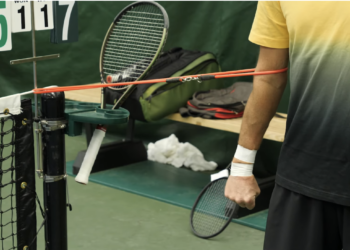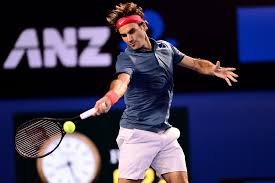Giving birth to a tennis star isn’t exactly a science—if we could all guarantee our kids would serve 150 mph by flipping a genetic switch, we would—but there are signs to look out for to spot if your child is headed towards tennis greatness.
Good Parents
Bravo to you! If you’re reading this, you are obviously a supportive and nurturing parent who wants the best for your child. You are their lifeline, physically, mentally and emotionally. You provide them with countless opportunities and probably spend your weekends taking them to sporting events. You are setting them up to be the best that they can be.
But, even more important than your support, are the genes you provided your child. There’s increasing evidence that some people are born “sporty”—they have good coordination, a decent physical frame and clean medical history. If you possess these qualities, you’ve given your child the best possible start. Maybe you should consider being a tennis player yourself?
The Right Star Sign
Although you can’t map out your child’s genes, you can plan on when they will be born. Children born near the start of the academic year find excelling at sports easier. Because they are the oldest in their class they are ahead of their peers physically and emotionally.
Though it is certainly not unheard of for a “Late-bloomer” to become an elite athlete, it is the children who are developmentally advanced who consistently rise to the top in any given sport. This is consistently true in tennis. Most tennis pros were fully developed at a young age, which allowed them to turn professional in their mid-to-late teens. Not only is the potential important, but recognizing the importance of taking advantage of that potential as early as possible is critical.
Competitive Spirit
Does your child have temper tantrums after losing some kind of game or competition? Although it’s often frowned upon, that desire to win is important. They’re young, so the antics are natural until they can control their emotions, but wanting to win more than anything will give them the drive and determination to excel.
Roger Federer, tennis’ greatest ambassador who is known for his steely temperament and indomitable willpower, was once an impetuous, immature, racket-throwing adolescent. He would cry when things went poorly, and send his racket skidding across the court after an error. On occasion he would even whine at bad calls, slam balls in anger and argue with his father. But look how far he has come! Most things can be taught, but a fierce, competitive fire is not one of them.
Obsessive Nature
Being competitive is important, but putting in the blood, sweat and tears until you’re the best takes a special kind of child. With the distraction of TV and video games, will your child spend hours hitting a ball against the wall or serving baskets of balls when they have no one to practice with?
Andre Agassi used to hit balls against a wall, or from a ball-machine for hours on end. Given, at least at first, he was forced to do so by his father. We don’t suggest you go to that extreme. However, if you give your child the opportunity to fall in love with the game, and they show the desire to work on their game at nearly all hours of the day as so many greats have before them, then you certainly want to encourage that!
Superstitious Tendencies
Although we’re not suggesting that you contribute to raising a superstitious child, if your tennis-loving kid is paying close attention to the details attributed to their success and has the passion to repeat the same process, you may have a winner on your hands. Many pros have been methodical to the point of superstitious in the past, and many more will do so in the future, so don’t discourage those habits in your child.
Look at Rafael Nadal, the king of superstitions; he always walks on court with a single racket in hand, places his water bottles a certain way, the picking and fiddling with his hair and shirt, and so on. Maria Sharapova is a great example on the women’s side. She doesn’t like standing on court lines and her serving routine is famous.
Does your child possess some–or all–of these signs? If so, you may have the next Roger Federer or Serena Williams on your hands. Time to find a coach near you! Click here or the banner below to find a local instructor
